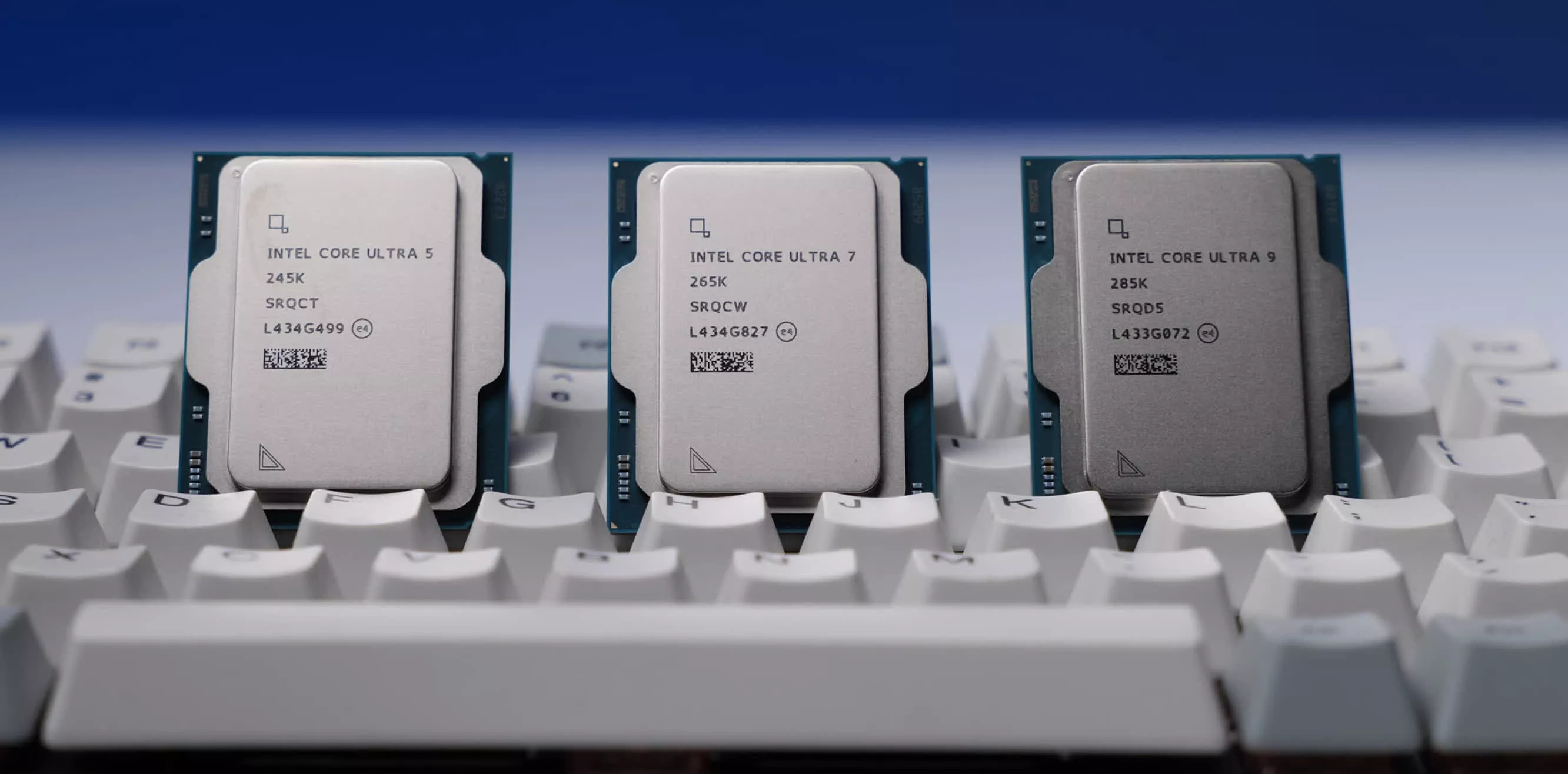Editor's take: Intel's grand comeback will likely take a bit more time than initially expected. The CPU maker is clearly struggling with both hardware design and software development, and customers are left stranded in a sea of reliability issues, microcode updates, and security flaws as a consequence.

Like many other IT vendors and software developers, Intel has long been releasing new security patches at the same time as Microsoft's Patch Tuesday. This month's series of updates is designed to close potentially dangerous bugs affecting both hardware and software products across several generations of CPU, GPU, and integrated GPU solutions.
Starting with the software products, there was a single security vulnerability discovered in the Endurance Gaming Mode software, which could be exploited to gain higher access privileges on a system. The medium-rated flaw is fixed in the latest versions of the real-time monitoring application for laptops based on Intel chips.
The largest batch of security flaws fixed this month was discovered in Intel's graphics drivers, for both integrated GPUs and discrete Arc cards. Intel's advisory lists ten different "potential" security vulnerabilities with a high severity rating, which could be exploited to gain privileged access, bring systems down through a DDoS attack, or access sensitive information. Newer driver releases should fix these high-severity graphics driver vulnerabilities.

Bugged drivers affect graphics architectures integrated in several Intel processors, ranging from the 6th-gen Intel Core CPU family to the latest Core Ultra chips. The troubled Arrow Lake microarchitecture is affected as well, of course. Furthermore, Intel released new bugfix drivers for its Data Center GPU Flex series (140, 170).
Last but not least, Intel had to release a couple of firmware updates this month to fix some medium-rated issues in the Core Ultra processors. These particular hardware bugs affect the Integrated Connectivity I/O interface in certain Core Ultra CPUs, which may allow escalation of access privileges if properly exploited.
Core Ultra processors could also disclose sensitive information because of two distinct vulnerabilities, which Intel fixed with new microcode updates for the Core Ultra 5, 7, and 9 CPU series for mobile, desktop, and embedded systems. One of these bugs (CVE-2025-20012) was discovered internally by Intel employees, while the other one (CVE-2025-24495) was reported by security researchers from the VUSec group at VU Amsterdam.
Intel releases patches to fix security vulnerabilities in its CPUs, GPUs, and gaming software